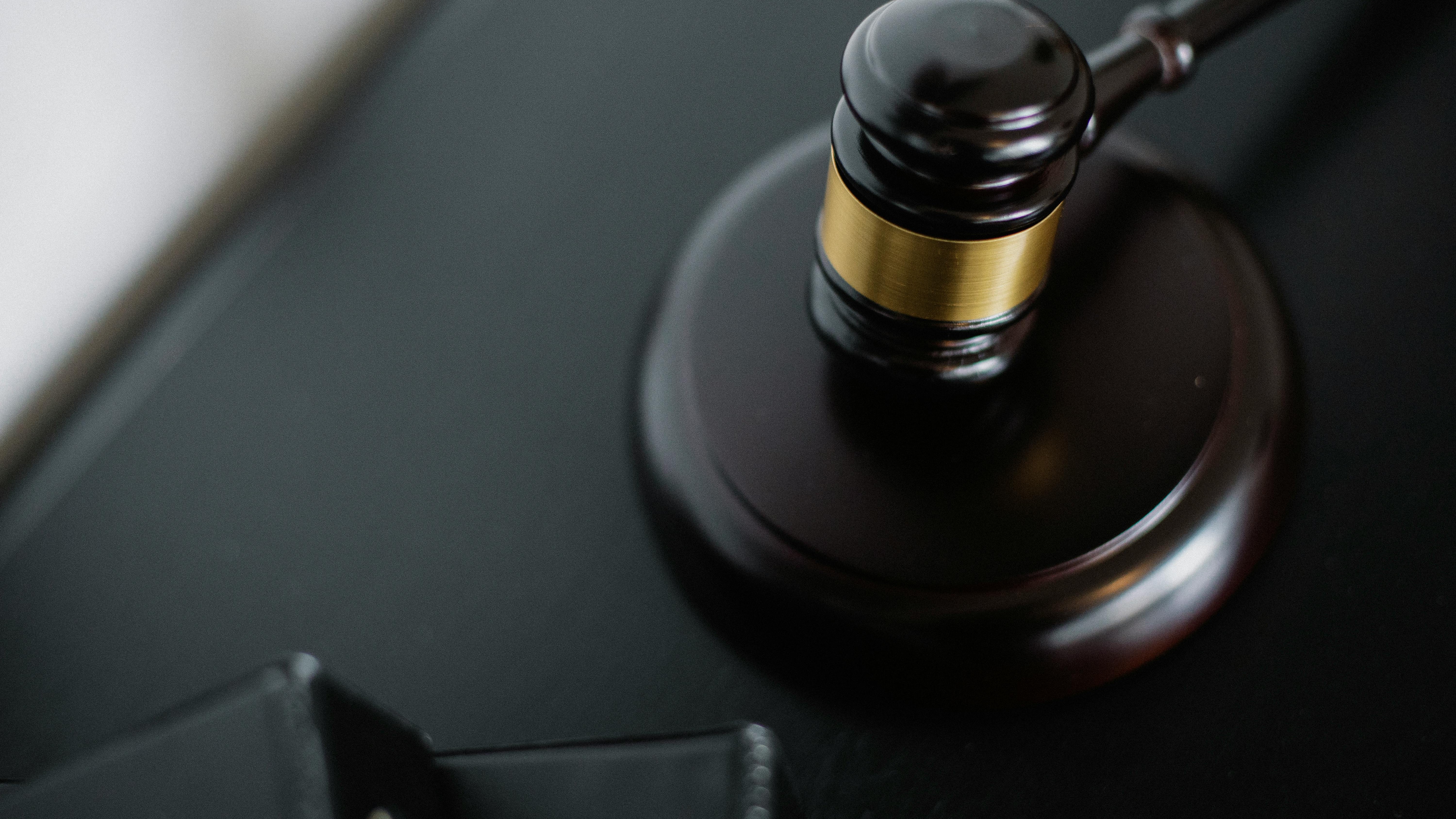
A Controversial Decision on AI Cloning
A recent decision from a New York court has raised important questions about the use of artificial intelligence in voice cloning. The ruling focused on the unauthorized use of voice actors' vocal identities. While the court decided that the plaintiffs did not have strong claims under federal trademark and copyright law, it did acknowledge a path for claims under state law, particularly Sections 50 and 51 of the New York Civil Rights Law. This law is designed to protect a person's rights over their name, image, and likeness (NIL).
Why This Ruling Matters
This case comes at a critical juncture for the AI industry and voice actors alike. With technological advancements occurring rapidly, legal frameworks often struggle to keep pace. The court's decision highlights the necessity for a more comprehensive understanding of AI ethics, data privacy, and responsible AI use. As the AI landscape evolves, it is vital for policymakers, legal professionals, and ethicists to consider the implications of AI technologies on identity rights.
Broader Implications for AI Regulation
The court's ruling serves as a reminder that there is currently no federal right of publicity in the United States. Different states have various laws regarding NIL, which can lead to confusion over identity rights on a national level. Stakeholders are urged to advocate for comprehensive AI regulation that incorporates these issues, ensuring that identity protection evolves alongside technology.
The Need for Ethical Guidelines
As we navigate this complex landscape, it is crucial to advocate for ethical AI use. The ruling reinforces the importance of creating governance frameworks that address the nuances of AI technologies. It is an opportunity for companies and lawmakers to develop practices that protect individuals from unauthorized cloning of their voices, drawing a clear line in the ethical use of AI.
The implications of this ruling reach beyond voice actors. Everyday citizens may also fear losing control over their identities as AI technology advances. Engaging in discussions about responsible AI, data privacy legislation, and how to build trust in AI frameworks will be essential in shaping a future where technology and individual rights coexist harmoniously.
 Add Row
Add Row  Add
Add 




Write A Comment